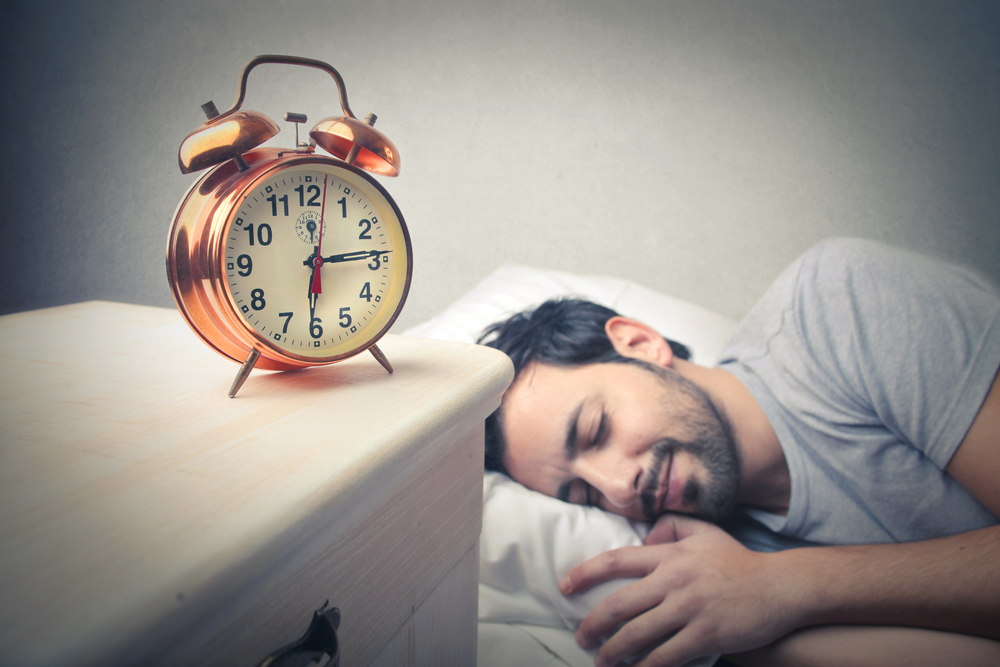Tips & Tricks to Help You Hit the Hay/Get to Sleep Quicker
How to Break the Cycle of Insomnia
What is Insomnia?
Insomnia is a sleep disorder that an estimated 1 out of 9 people struggle with. Someone who has insomnia may have a hard time falling or staying asleep, as well as waking before achieving full rest. Often, a person with insomnia will feel tired even after waking up and struggle with exhaustion throughout the day. Insomnia can negatively affect a person’s health if they struggle with it long-term. It’s important to note that insomnia is not a choice. People who do not get enough sleep because they do not allow themselves to attempt sleep are not people who struggle with insomnia. Read on for tips and tricks on how to help you hit the hay.
There are two main forms of insomnia: Onset and Maintenance. If an individual struggles with onset insomnia, they have difficulty getting their body to fall asleep. If they struggle with maintenance Insomnia, they have difficulty getting their body to stay asleep. Someone can struggle with both forms of insomnia at once.
Chronic insomnia does not occur until an individual has experienced onset and/or maintenance Insomnia a minimum of 3 nights a week for a minimum of 3 months. People with chronic insomnia can struggle with it for years if not treated. Poor sleeping habits, serious health problems, mental health issues, and ongoing difficulties in your social and personal life can all be causes of chronic insomnia. The effects of chronic insomnia can be serious health issues like heart disease, hypertension, obesity, diabetes, and mental health disorders.
Before insomnia is considered chronic, it can be transient or acute. Transient insomnia only occurs for no more than a week. Usually, someone experiences transient insomnia because of minor stress events like an upcoming job interview or a small fight with someone they care about. The effects of transient insomnia are not lasting, and a person can easily return to normal sleep after it has passed. Acute insomnia can be experienced over many weeks but no more than three months. Larger stressful events like losing your job or a major illness can cause someone to experience acute insomnia. The effects of acute insomnia are short term like transient insomnia, though slightly more difficult to cope with because of the added time spent without rest.
Five Fixes:
Though insomnia can be caused by many things, there are 5 key factors that can feed the beast that is insomnia and make breaking the insomnia cycle nearly impossible. These are 5 major fixes you can make today to give you a better night’s sleep tonight.
-
Negative Beliefs & Thoughts:
How you think affects how you sleep, especially when those thoughts are about your sleep. Negative thoughts at bedtime about your past, your day, or the future are all going to negatively affect your sleep. Lying in bed is not the time to stress over past decisions or future work deadlines. You’ll need to find what works for you to battle these thoughts. You can try tactics like mindfulness, writing down your thoughts before getting into your bed, or even focusing on those imaginary sheep in your mind as you fall asleep.
-
Food & Beverages:
What you put in your body can affect you in many ways, your sleep being one of them. Avoid caffeine after noon and alcohol 3 hours before bed. Though cutting out caffeine makes perfect sense, some might question the alcohol rule. This is because many know that alcohol is a sedative and assume it would help you fall asleep, which is true, but once you fall asleep you’ll struggle to maintain your sleep as the alcohol works its way through your system. It is also important to keep your body well-hydrated and your electrolytes balanced. Make sure you’re eating healthy balanced meals and avoiding any food sensitivities you may have so that your body is nourished and comfortable at bedtime.
-
Manage your Mental Health:
Many mental health disorders have sleeping issues built into their symptoms. Whether it’s being unable to shut your mind off from anxious thoughts or being unable to fall asleep due to a manic episode, managing your mental health can help decrease these issues so that you can achieve restful sleep. This management might include simple thinking techniques to reduce stressful thoughts, participating in therapy, or taking medication.
-
Sleep Environment:
The environment in which you sleep greatly affects your ability to fall asleep, stay asleep, and achieve proper rest. It’s important that you give yourself what experts refer to as a “sleep sanctuary” where your bed, pillows, and blankets are all clean and comfortable, lighting and noise are reduced, and your room temperature is between 65-68 degrees F. Blue light and EMF are also things you’ll want to avoid polluting your environment.
-
Sleep Hygiene:
Sleep hygiene is just as important as regular hygiene, as your sleep health depends on it. Napping is the first thing you can cut out to improve your sleep hygiene. Sacrifice being tired during the day for a better night’s sleep. You’ll also want to embrace a sleep routine. Getting up and going to bed at the same time every day is essential for your body to be able to follow a proper sleep cycle. Finally, but still very important, you’ll want to avoid doing anything but sleep or have sex in your bed. This wires your brain to link your bed with only what is necessary.
As always, check out our website for more tips and tricks here.

